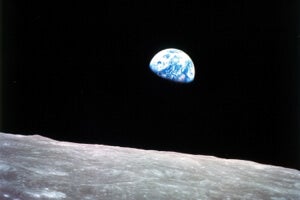Virtual Reality Will Let You Experience the Awe Only Astronauts Have Known

Share
Virtual reality will entertain us, connect us, open up new digital worlds—but can it revolutionize our view of the real world too? Maybe. By making us all astronauts for a day.
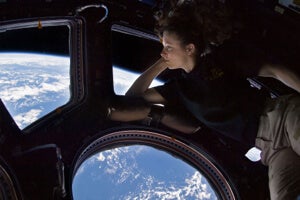
Tracy Caldwell Dyson gazes out the window on the International Space Station. [Credit: NASA/Tracy Caldwell Dyson]
The Overview Effect is an experience many astronauts have reported during spaceflight while looking at the Earth from orbit or from the lunar surface. It is a transformative cognitive shift in awareness. One goes from experiencing the Earth as a series of places separated by distance to a tiny fragile ball of life suspended in space.
From space, national boundaries vanish, environmental problems are more visible, and the conflicts that divide people become less important when considered from a cosmic perspective.
To date, this firsthand sight of Earth from space has changed the lives and mindsets of a select few. Yet it is difficult to describe, like seeing your firstborn or falling in love.
This has not stopped people from trying.
Edgar Mitchell, the sixth person on the Moon, said: “There was a startling recognition that the nature of the universe was not as I had been taught. I not only saw the connectedness, I felt it. I was overwhelmed with the sensation of physically and mentally extending out into the cosmos. I realized that this was a biological response of my brain attempting to reorganize and give meaning to information about the wonderful and awesome processes that I was privileged to view.”
Other astronauts have echoed similar sentiments.
There is a near-universal feeling among veteran astronauts that their flights resulted in a deep transcendent experience that changed their lives and outlooks upon returning to Earth. To even partially understand their experiences, the rest of us can only listen to their words and look at photos and videos that are a poor substitute of what the human eye can see.
The full extent of the Overview Effect is difficult to convey in pictures alone—but where pictures come up short, immersive virtual reality may deliver.
Improved communications with higher data rates and high-resolution cameras will enable companies to provide real-time, omnidirectional views from space with virtual reality headsets such as Oculus Rift (full disclosure: I am working at such a company, which is launching such a camera to the International Space Station).
Such views will be accessible from your couch and be nearly indistinguishable from what an astronaut would experience orbiting Earth.
Once the Overview Effect is directly experienced by a significant fraction of the global population, how will the world change? Nobody can predict the future, but it is reasonable to look at past examples and generalize from there.
Be Part of the Future
Sign up to receive top stories about groundbreaking technologies and visionary thinkers from SingularityHub.


Out of the roughly hundred billion humans that have lived and died on Earth, only 500 have ventured more than a hundred kilometers from its surface. Yet the indirect effects have already profoundly changed life on Earth.
When the Apollo 8 spacecraft made its lunar circumnavigation in December 1968, its crew witnessed the first Earthrise from the Moon. The resulting photo, though low-resolution, is one of the most powerful images of the twentieth century. People began to see the Earth not as a huge place to be despoiled at will, but the only speck in the cosmos ensuring our survival.
That image was partially responsible for starting not only environmentalism as a global movement, but also the peace and anti-nuclear proliferation movements.
If mere photos can do so much, imagine how much bigger the cumulative impact the Overview Effect would have on millions of people.
When seen in a cosmic context, divisive ideologies and petty hatreds lose their power and it becomes possible for people to transcend the limits of their individual identities. It thus becomes easier for people to employ holistic ways of thinking. Applied to a large population, this will allow us to collectively absorb information and solve problems much more efficiently than our current organizations can with our fragmented hierarchies.
Most of us already know that intellectually, but it is quite another thing to experience it.
Perhaps Anousheh Ansari, the first private space tourist, sums it up best: “The actual experience exceeds all expectations and is something that’s hard to put to words. It sort of reduces things to a size that you think everything is manageable. All these things that may seem big and impossible…We can do this. Peace on Earth—no problem. It gives people that type of energy, that type of power, and I have experienced that.”
SpaceVR is a consumer space startup in San Francisco that aims to bring the astronaut experience to millions of people through the use of high-resolution virtual reality. (Join the mission on Facebook.)
To get updates on Future of Virtual Reality posts, sign up here.
Image Credit: Shutterstock
Eric Shear is a space science graduate of York University in Toronto. He is currently working on space mission design at SpaceVR.
Related Articles
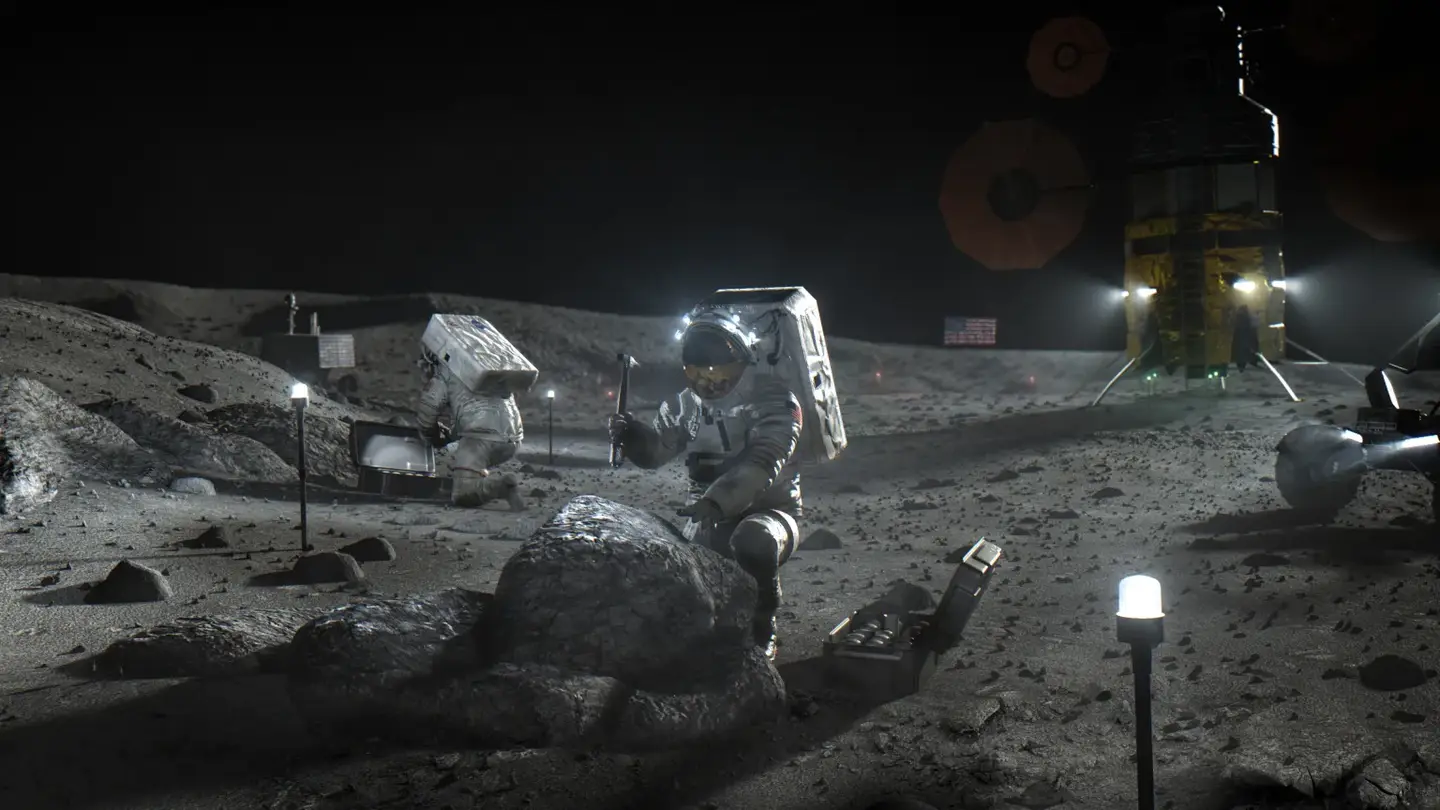
Elon Musk Says SpaceX Is Pivoting From Mars to the Moon
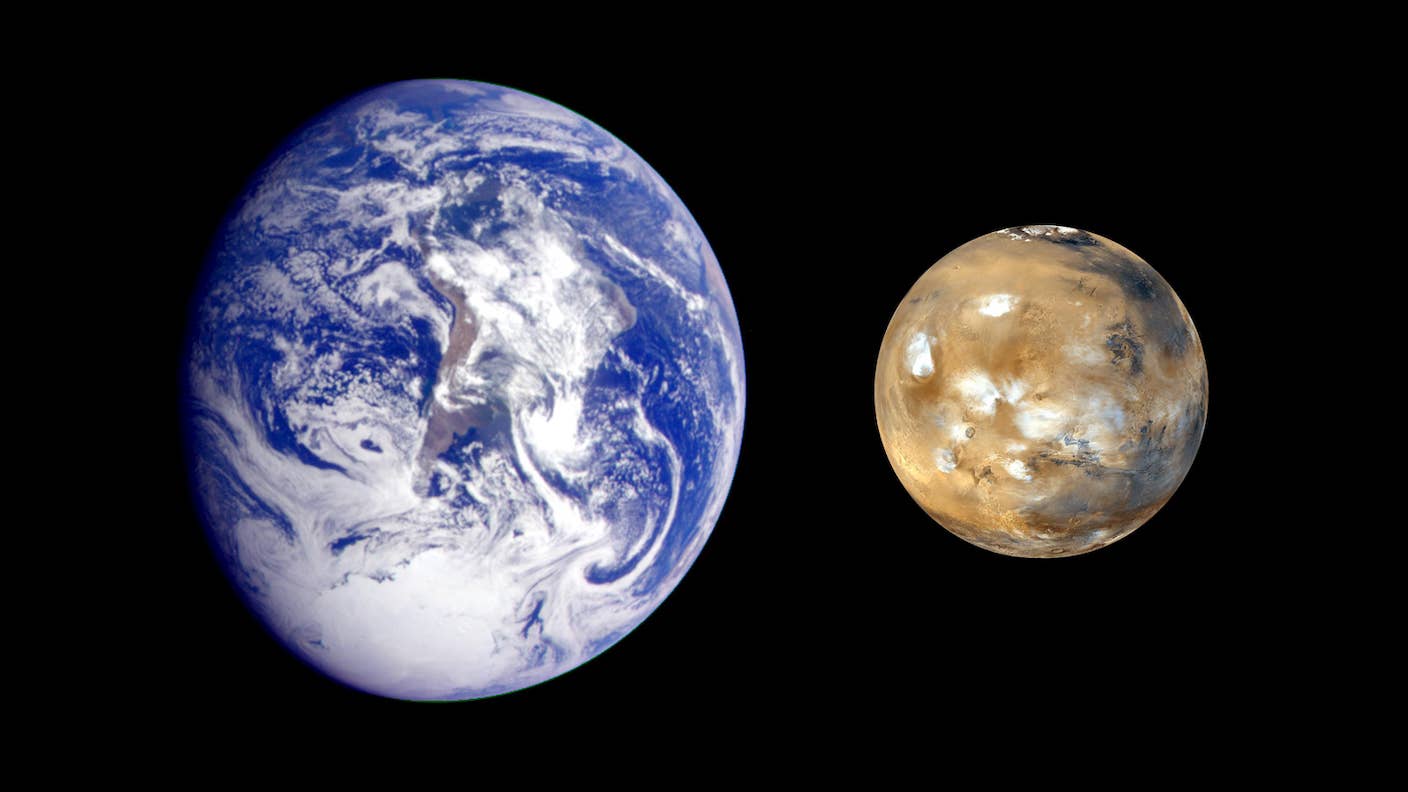
What If We’re All Martians? The Intriguing Idea That Life on Earth Began on the Red Planet
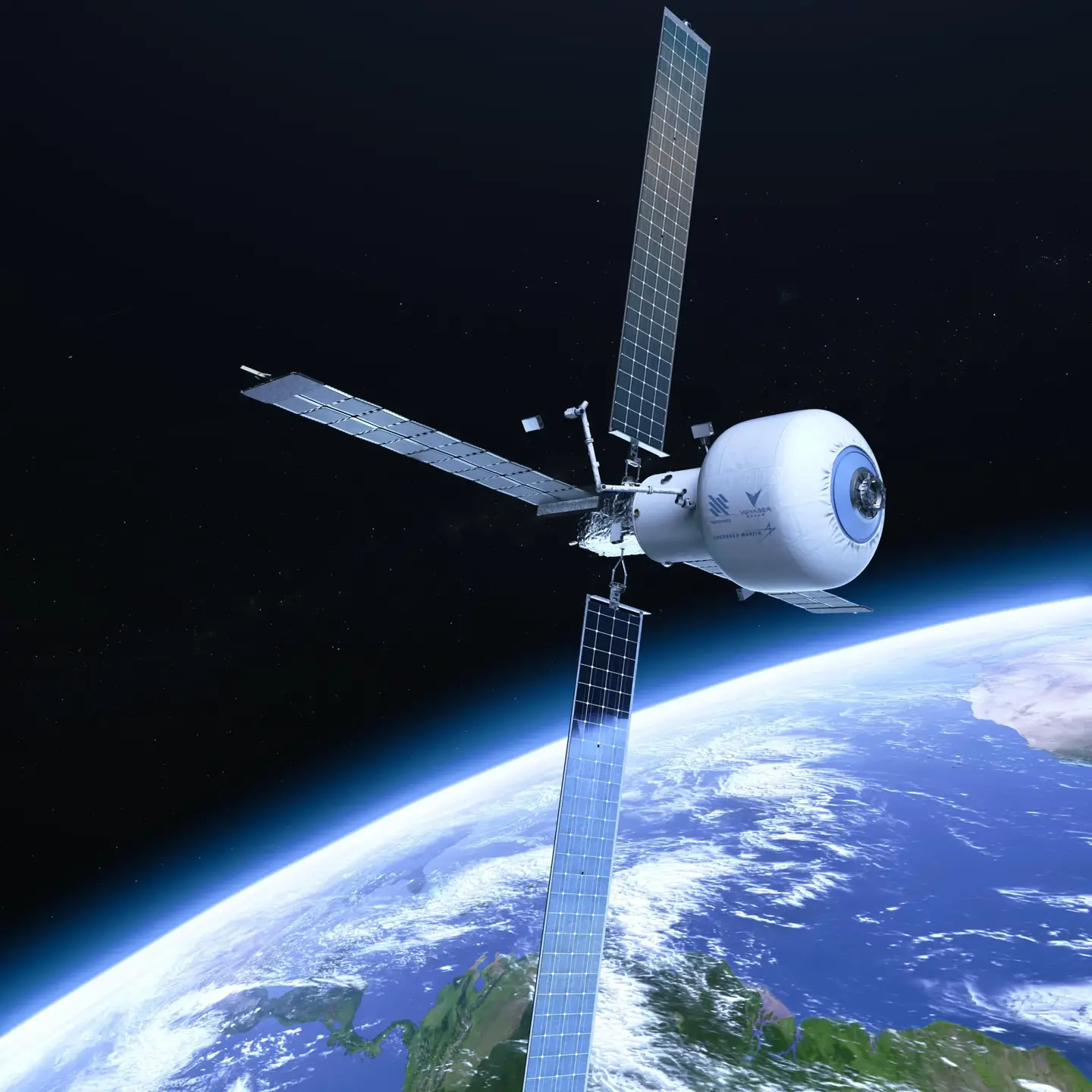
The Era of Private Space Stations Launches in 2026
What we’re reading
